Decision/Indecision: How much should choices affect stories?
Games increasingly struggle to make choices matter, but which ones count?
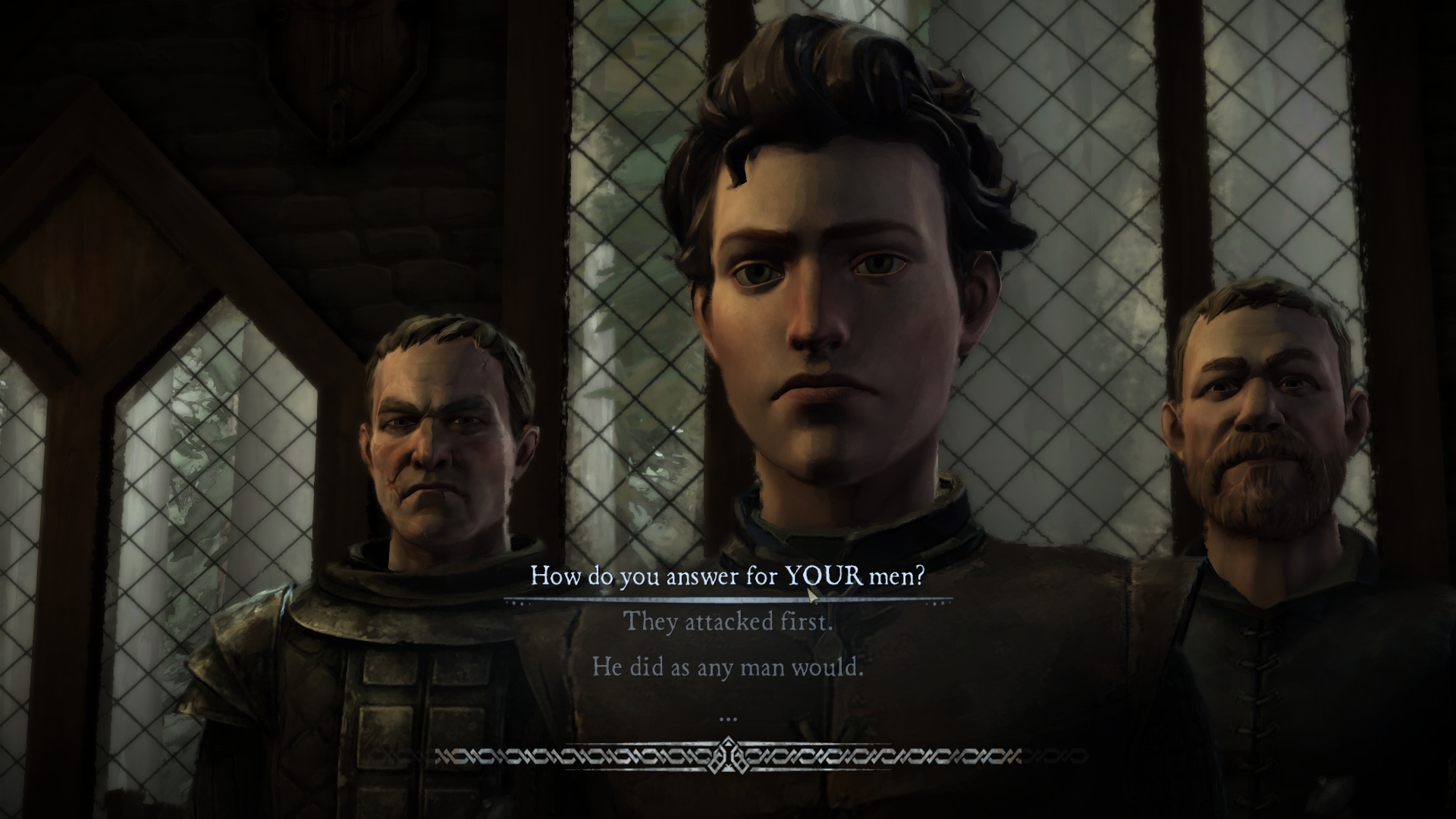
In this column, Richard Cobbett took a look at the world of story and writing in games.
Note: This article contains spoilers for Telltale's The Walking Dead and Vampire: The Masquerade—Bloodlines.
How much should decisions affect games? As with many such questions, the snap answers are "as much as possible" or simply "more", and I'm sure we can all think of a couple of examples that didn't do things as well as we'd have liked. With Telltale the standard complaint was that decisions have no relevance—that the plot rolls along whatever the player does.
And that's fair. Later episodes of both Tales from the Borderlands and Game of Thrones may deviate, but The Walking Dead never really did, and nor did The Wolf Among Us. Likewise, neither Mass Effect 3 nor Dragon Age Inquisition are notably different as a result of past decisions, with conveniently similar characters always on hand to fill necessary roles and keep things moving.

To some extent though—some, since I'm not saying companies don't exaggerate the scope of these games—the criticism often feels like people going online, reading up on how a performer's magic tricks work, and then complaining of either not being impressed, or in retrospect feeling let down that he didn't actually cut his assistant in half. Again, not always. Telltale in particular desperately needs some new tricks in its repertoire, and seeing the same ones again and again and again and again inevitably diminishes their effect. Pragmatically though, with forums and discussions and Twitter and walkthroughs and everything else stripping back every decision to decision/outcome, there's really little chance of any game standing a chance. Perhaps in the future, stories and narrative will be procedurally generated as the likes of Chris Crawford and Ken Levine want to see, but for the moment it's just not happening.
The crux of the issue though is that these decisions and their branching aren't created with the goal that many players think they are. For starters, they're not really about replayability, but responsiveness. Responsiveness is the art of making a game fit itself around you. Done properly, it's like it was designed specifically with your playthrough in mind, or that at the very least, that you have agency. In the case of, say, The Walking Dead Series 1, that's represented primarily through the relationship between protagonist Lee and his ward Clementine—an additional edge that says that while nominally your goal is to survive, what you're really doing is preparing her for the road ahead. Likewise, you can argue that whether Lee admits to his group that he's a murderer or not doesn't matter since they find out anyway, but that's to ignore the value of choosing how they find out and what that says about his character.
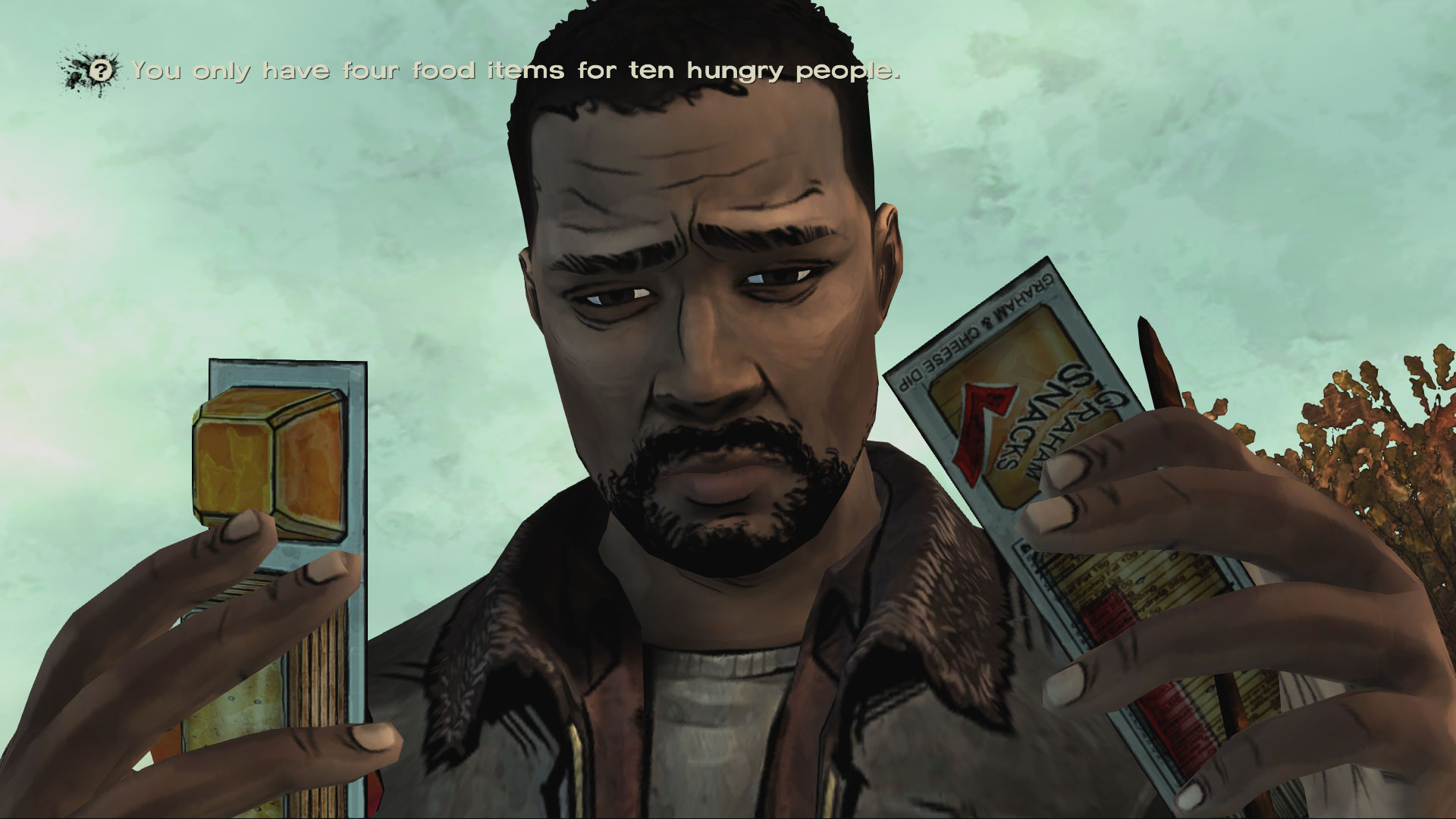
Whether or not these things matter in the grand scheme of things is less relevant than it seems, simply because that's rarely where emotional resonance tends to live. It can, of course, in life or death moments and sacrifice and so on. More often though, it comes from two simple questions: "What do I want to do?" and "What would I do?" Throwing a baseball at an interracial couple to maintain a cover story in Bioshock: Infinite. Backstabbing a friend. Teaching the word 'shit' to a little girl. The Walking Dead S1's most powerful moment isn't anything to do with zombies, and it doesn't lead to a damn thing except the credits and a really unfortunate coda—it's choosing Lee's last words, and what kind of man he dies as. It's one final chance to strengthen Clementine for what she has to face next, and to wrap up his story.
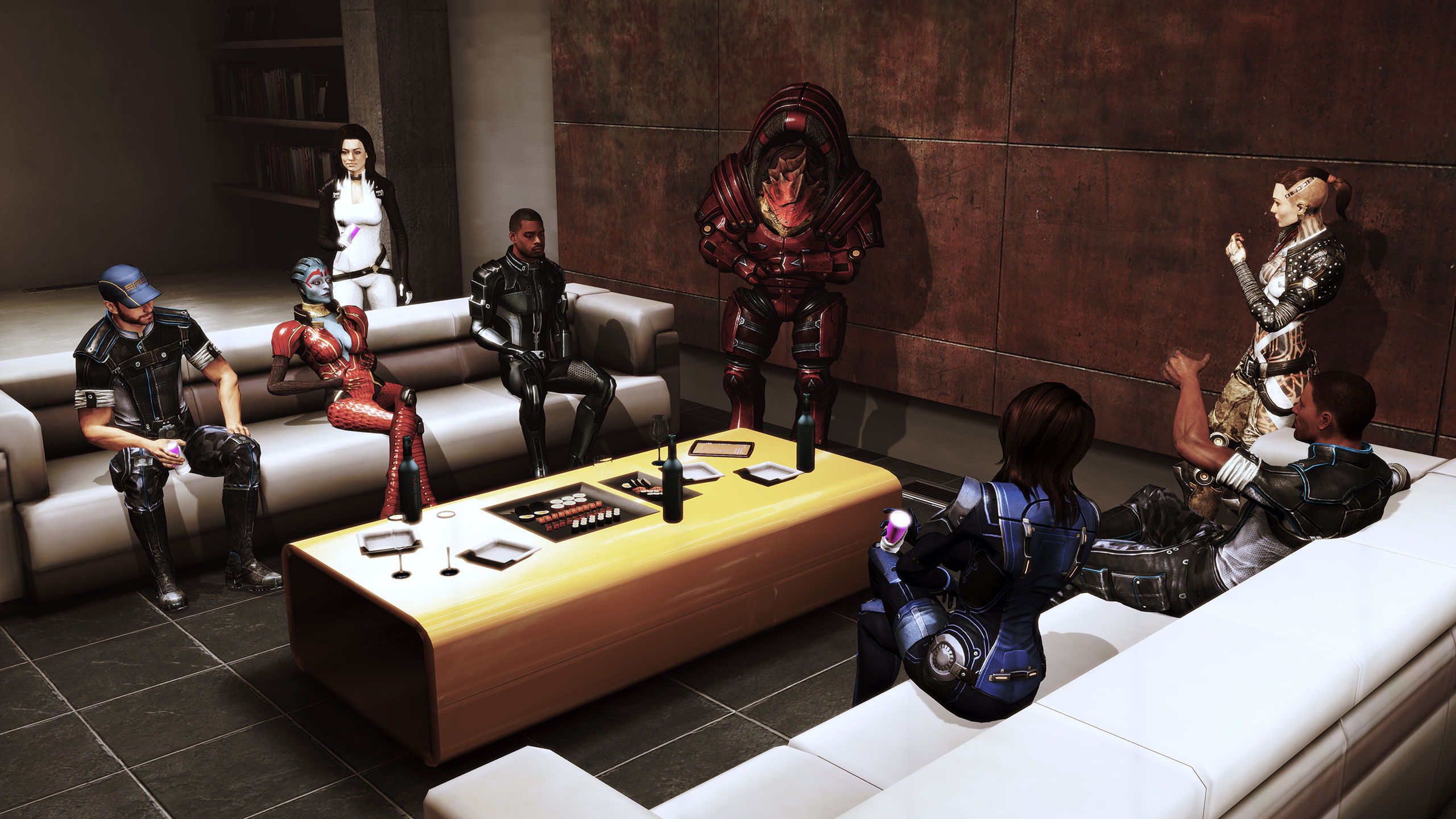
In comparison to that kind of moment, many grand ones just feel hollow. The death of a fictional universe has nothing on the misery of a beloved character, nor does its salvation come close to a moment of shared joy. If anything, big decisions tend to be amongst gaming's weakest due to lacking scope for subtlety—you get to do a thing, but you don't necessarily get to choose why you do the thing, and the paths laid out rarely do a convincing job that these really are the only choices on the table. An example that springs straight to mind is Spec Ops: The Line (a game that I really enjoyed), where much of the plot is predicated on the player 'choosing' to deploy a terrible weapon on what turns out to be civilians. The problem is that it's a false choice. There is no other way to continue, or to stop midway through if you spot what's going on, with the result that the sense of personal culpability is easily lost.
Keep up to date with the most important stories and the best deals, as picked by the PC Gamer team.
Games are also full of binary good/evil paths. Bioshock is one of the weakest, with its decision that harvesting the Little Sisters inherently means you're a world-conquering monster, with no consideration to the idea that maybe you were a) sparing them their horrible fate, b) sacrificing some so that the rest could live, or c) ignorant of the truth until it was too late. The underrated Bioshock 2 incidentally handled this far better, with your decisions informing your daughter Eleanor's moral philosophy based on her observations, up to and including being confused at apparent contradictions.
In most cases though, a game doesn't need much to make a decision effective. The fate worse than death awaiting Lady Boyle in Dishonored swung many towards a mercy-kill, despite knowing that she's just a polygonal character in a mask who will never appear again. Back in Vampire: Bloodlines, the story of Heather the ghoul was a mechanically very simple tale that thrust your badass vampire into an abusive relationship, and then made that abuse the path of least resistance. Again, on paper, it doesn't sound that big a deal. But how you deal with that says a lot about your character, and thus to some extent, you. Those were after all your choices, made all the worse by the fact that the quest starts not with brutality but with an act of mercy—saving a young woman's life as she bleeds to death in a hospital bed.
Another factor worth considering is that YouTube changes the rules dramatically. For the most part, developers struggle to get people to finish games once, never mind replaying them to see what else could have happened. A few years ago, the paths not taken in most games served two purposes - to reinforce that you'd actually made a decision, and to keep up a sense of mystery about what else might have happened. Now, not only is that cost-prohibitive on more than a casual basis, the only real reward is for people to watch the results and declare that nothing actually changed, therefore it was meaningless, despite the meaning usually coming from the entirety of the experience—the steps of a romance, the time to get to know a character so that you have a reason to care if they live or die, the weighing up of the situation so that when the decision comes, you're doing it for better reason than a dice-roll.
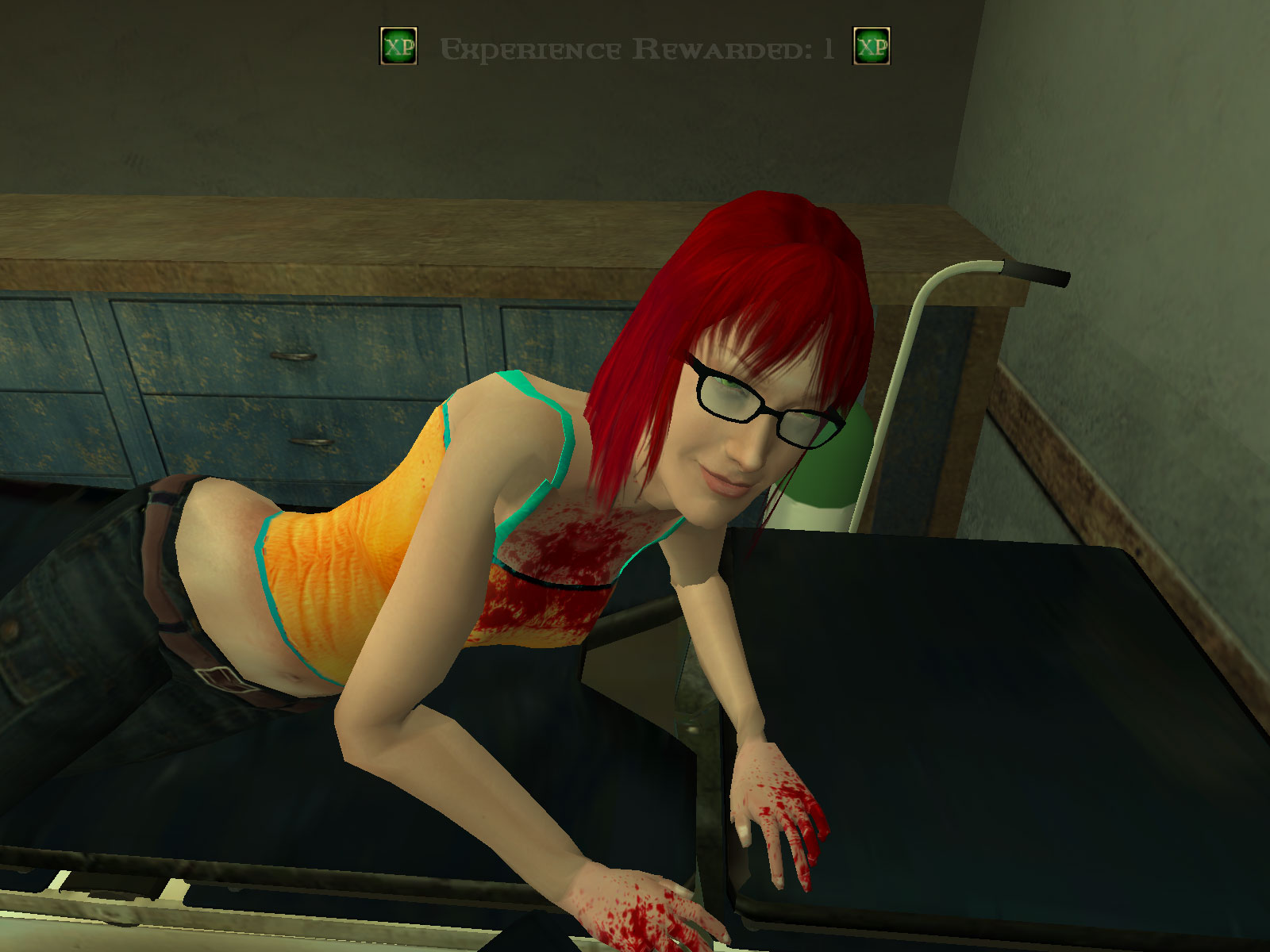
There is of course much that can still be done with the big dramatic branches that get all the attention. Playing Dragon Age: Inquisition for instance, I was disappointed that many of my decisions only led to a bit of flavour text rather than the major consequences they seemed to lead to. In Telltale's Game of Thrones, there were definitely a couple of major moments that I found painfully railroaded (less so Borderlands, which I think in part is down to the fact that it's a flashback where the ending is pre-determined—while that shouldn't make any difference, it makes it easier to be carried by the story and its variably unreliable narrators).
For now though, it's just worth remembering that there's more to a good decision than whether or not it changes the world and throws everything off its axis. The difference between freedom and the illusion of it in narrative-driven games has always been a thin one, even in the best examples. If all the smaller moments building up to them achieve is to help build a better connection to the characters and the world so that they feel more meaningful, that's often enough. At least, when done properly.
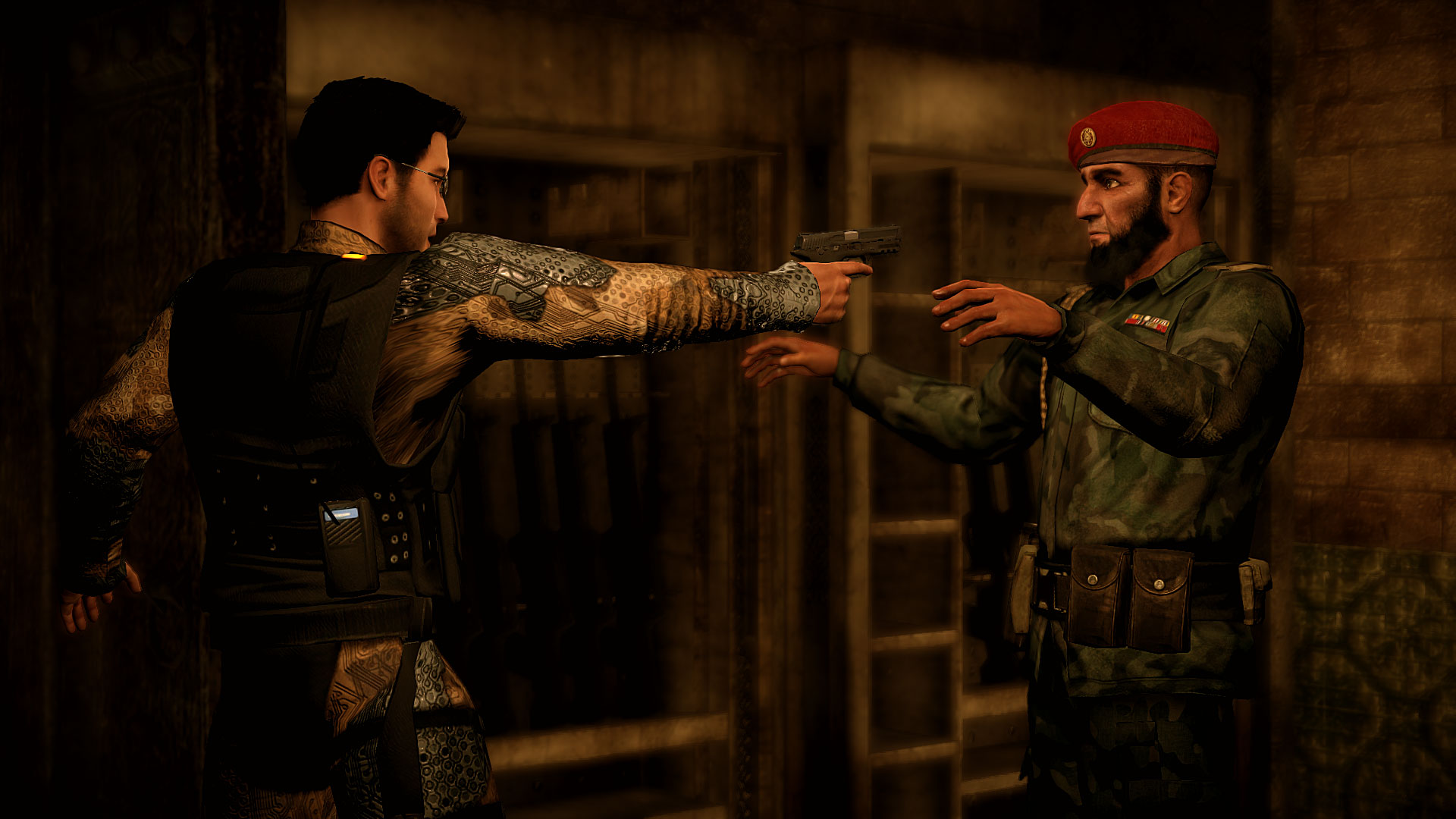
The tragedy is that the single best attempt that's ever been made of doing both the big and small scale decisions is also one that nobody ever seems to look back on, and even fewer respect. I refer of course to Alpha Protocol. It's a weak game. It's a crap shooter. Some of the boss fights could double as torture in the hands of a particularly cruel interrogator.
But! If you can put up with that, what's underneath is an absolute masterclass in what games can do with decisions. Every character, every plot element is intricately tied together, from an older spy who congratulates the main character for getting into his city undetected or bitches him out for making a scene, to a vendor who treats you better for going to him before anyone else, to relationships that cover the full spectrum from love to absolute loathing, in a globe-spanning adventure whose greatest achievement is doing it so quietly that its genius can go totally unnoticed. Just check its TV Tropes page to see just a little of how deep the rabbit hole goes.
Too bad it's a tough game to recommend. How I wish things had been different...

